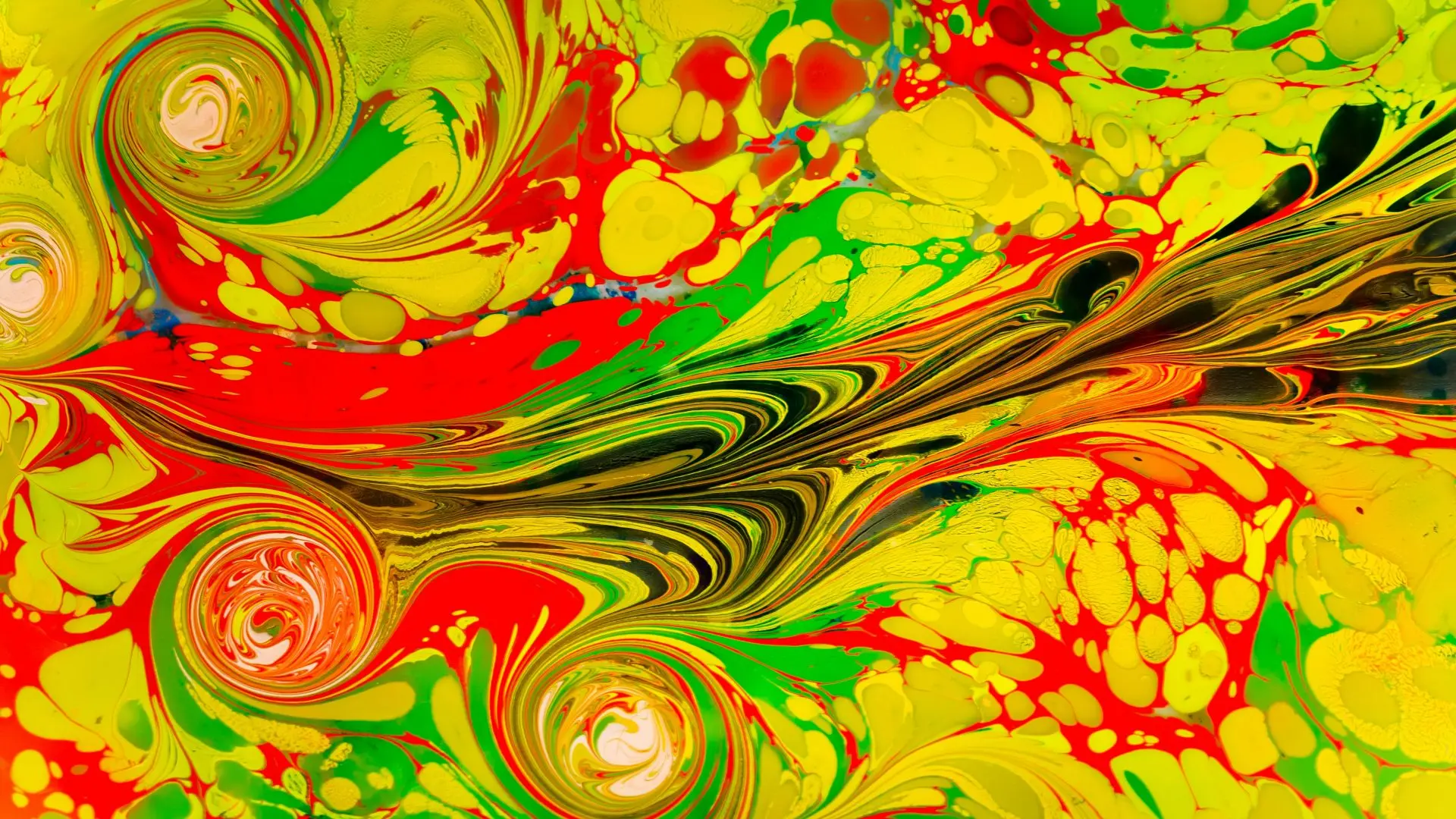The Role of Alchemy in Modern Chemistry

Looking for more amazing products? Check out our online store and explore our collection here! Happy shopping!
Before diving in, please note: This post is for informational purposes only. If you’d like to know more about how we approach topics, feel free to check out our friendly Disclaimer Page.
Hey there, amazing readers! 
We’re committed to delivering quality posts, and your support (even just sticking around despite the ads) means everything to us. So, bear with us, and thanks for helping us keep the good vibes rolling. Now, on to the fun stuff!
TRANSLATE BUTTON AT THE END OF THE ARTICLE
Introduction to Alchemy and Chemistry
Alchemy, a mystical and ancient practice, has long been intertwined with the development of modern chemistry.
The origins of alchemy can be traced back to ancient civilizations such as Egypt, China, and Greece.
Alchemists were not only seeking to transmute base metals into gold but were also searching for the elixir of life and the philosopher’s stone.
These pursuits laid the groundwork for the principles and experiments that eventually led to the emergence of modern chemistry.
Today, although alchemy is often viewed as a pseudoscience, its influence on chemistry is undeniable and continues to shape the way we understand and manipulate matter.
Historical Roots of Alchemy
The roots of alchemy can be found in the mystical traditions of ancient civilizations.
In Egypt, alchemy was linked to the worship of the sun god Ra and the belief in the afterlife.
Chinese alchemists sought to discover the elixir of life, a substance that would grant immortality.
The Greeks, particularly the philosopher Hermes Trismegistus, contributed to alchemical knowledge with their belief in the unity of all things.
These diverse cultural influences coalesced to form the early practices of alchemy, which were passed down through generations of scholars and practitioners.
Alchemy’s Influence on Modern Chemistry
Despite its mystical beginnings, alchemy played a pivotal role in the development of modern chemistry.
Alchemists were some of the first to perform systematic experiments and record their observations.
They laid the foundation for the scientific method by emphasizing observation, experimentation, and documentation.
Alchemical texts, such as those by Jabir ibn Hayyan, introduced new chemical processes and equipment that are still used in laboratories today.
The alchemical quest for transmutation and the philosopher’s stone pushed early chemists to explore the properties of different elements and compounds, leading to the classification of substances and the discovery of new elements.
Alchemical Principles in Chemical Reactions
The principles of alchemy, such as the transmutation of elements and the concept of the prima materia, have direct parallels in modern chemistry.
Alchemical processes, such as distillation, sublimation, and precipitation, are still used in chemical reactions to isolate and purify substances.
The idea of the four elements – earth, air, fire, and water – continues to influence our understanding of matter and its properties.
Alchemy’s emphasis on the transformation of substances and the search for hidden properties laid the groundwork for modern chemical reactions and the study of chemical change.
Transmutation and Modern Elements
One of the central goals of alchemy was the transmutation of base metals into gold.
While this goal was never achieved, alchemy’s focus on transmutation led to the discovery of new elements and the understanding of atomic structure.
The alchemical symbol for gold, a circle with a dot in the center, is still used to represent the element in the periodic table.
Alchemists’ experiments with metals and minerals laid the foundation for the study of elements and their properties, eventually leading to the development of the periodic table by Dmitri Mendeleev in the 19th century.
Alchemical Equipment in Chemistry Labs
Many of the tools and equipment used in modern chemistry labs have their origins in alchemy.
Alchemists were skilled glassmakers and metalworkers, creating intricate apparatus for their experiments.
The alembic, a double-chambered glass vessel used for distillation, is a classic example of alchemical equipment still used today.
Other alchemical tools, such as crucibles, retorts, and filters, are essential for conducting chemical reactions and purifying substances in modern laboratories.
The alchemical tradition of craftsmanship and precision continues to influence the design and manufacture of laboratory equipment.
Alchemical Symbols in Chemistry
Alchemical symbols and imagery have found their way into modern chemistry in the form of elemental symbols and chemical formulas.
The symbols for the elements on the periodic table are derived from alchemical symbols and Latin names.
For example, the symbol for mercury, Hg, comes from the Latin word "hydrargyrum," which means liquid silver.
Alchemical symbols, such as the ouroboros (a serpent eating its tail) and the caduceus, are still used to represent chemical processes and reactions.
The rich visual language of alchemy has left a lasting imprint on the field of chemistry, adding depth and meaning to the study of matter.
Alchemy’s Contribution to Scientific Method
Alchemy’s emphasis on observation, experimentation, and documentation laid the foundation for the scientific method as we know it today.
Alchemists meticulously recorded their experiments and observations in detailed manuscripts, creating a body of knowledge that could be built upon by future scholars.
The alchemical method of trial and error, combined with a spirit of inquiry and curiosity, set the stage for the systematic approach to scientific inquiry that characterizes modern chemistry.
Alchemy’s contribution to the scientific method is evident in the way chemists approach experiments, analyze data, and draw conclusions based on empirical evidence.
Alchemical Concepts in Matter Transformation
The alchemical concept of the prima materia, or the original substance from which all matter is derived, continues to influence modern theories of matter and energy.
Alchemists believed that through a series of transformations, the prima materia could be purified and transmuted into higher forms.
This idea resonates with the modern understanding of chemical reactions and the conservation of mass and energy.
Alchemical concepts such as fermentation, calcination, and putrefaction find echoes in modern chemistry, where processes like oxidation, reduction, and synthesis are studied and applied in various fields, from pharmaceuticals to materials science.
The Quest for the Philosopher’s Stone
The legendary philosopher’s stone, a mythical substance that could transmute base metals into gold and grant immortality, captured the imagination of alchemists for centuries.
While the philosopher’s stone was never found, the quest for this elusive substance led to important discoveries in chemistry.
Alchemists’ experiments with metals, minerals, and compounds laid the groundwork for the study of chemical elements and their properties.
The alchemical pursuit of the philosopher’s stone symbolizes humanity’s enduring quest for knowledge, transformation, and transcendence, driving scientific progress and innovation in the field of chemistry.
Alchemy’s Legacy in Modern Science
Alchemy’s legacy in modern science can be seen in the enduring impact it has had on the field of chemistry.
The alchemical tradition of experimentation, observation, and documentation underpins the scientific method and the way chemists approach the study of matter.
Alchemical principles such as transmutation, purification, and transformation continue to shape our understanding of chemical reactions and the properties of elements and compounds.
The rich symbolism and imagery of alchemy have inspired generations of scientists and scholars to explore the hidden secrets of the natural world, pushing the boundaries of knowledge and discovery in the ever-evolving realm of chemistry.
Conclusion: Alchemy’s Enduring Impact on Chemistry
In conclusion, alchemy’s role in the development of modern chemistry cannot be overstated.
From its ancient roots in mystical traditions to its influence on scientific inquiry and experimentation, alchemy has left an indelible mark on the field of chemistry.
The principles, equipment, symbols, and concepts of alchemy continue to inform and inspire chemists as they navigate the complexities of matter and energy.
Alchemy’s legacy lives on in the quest for knowledge, transformation, and the unraveling of the secrets of the natural world.
As we continue to unlock the mysteries of chemistry, we owe a debt of gratitude to the alchemists who paved the way for our understanding of the ever-changing world of matter and its transformations.

The Enlightenment Journey is a remarkable collection of writings authored by a distinguished group of experts in the fields of spirituality, new age, and esoteric knowledge.
This anthology features a diverse assembly of well-experienced authors who bring their profound insights and credible perspectives to the forefront.
Each contributor possesses a wealth of knowledge and wisdom, making them authorities in their respective domains.
Together, they offer readers a transformative journey into the realms of spiritual growth, self-discovery, and esoteric enlightenment.
The Enlightenment Journey is a testament to the collective expertise of these luminaries, providing readers with a rich tapestry of ideas and information to illuminate their spiritual path.
Our Diverse Expertise
While our primary focus is on spirituality and esotericism, we are equally passionate about exploring a wide range of other topics and niches 

To ensure we provide the most accurate and valuable insights, we collaborate with trusted experts in their respective domains 
Our blog originally focused on spirituality and metaphysics, but we’ve since expanded to cover a wide range of niches. Don’t worry—we continue to publish a lot of articles on spirituality! Frequently visit our blog to explore our diverse content and stay tuned for more insightful reads.
Hey there, amazing reader! 
Check out our store here and take a peek at some of our featured products below! Thanks for being awesome!











